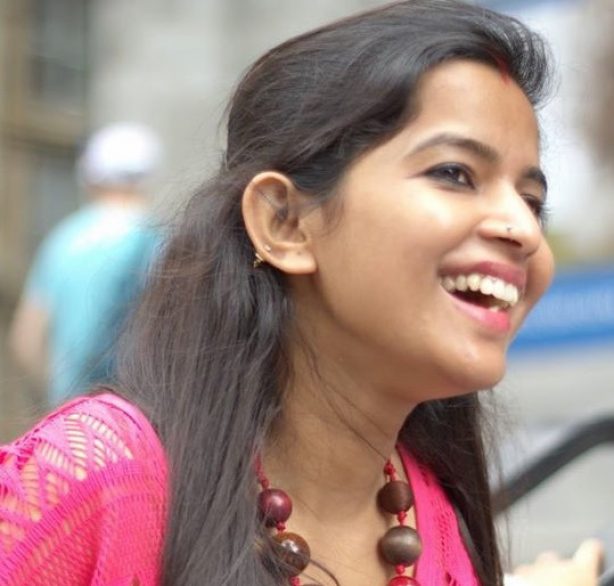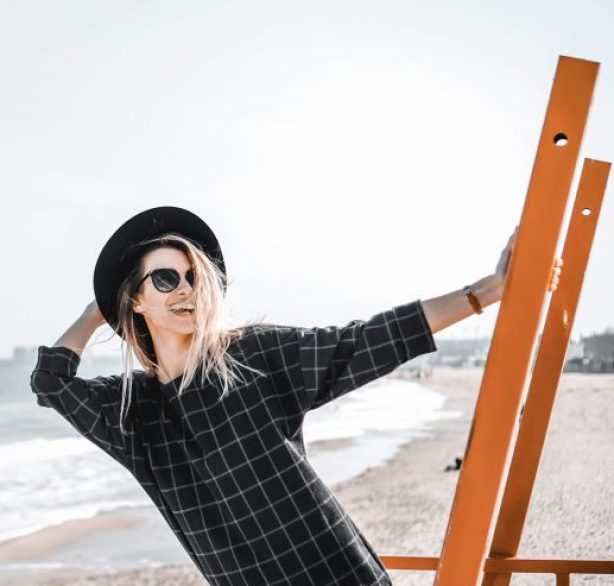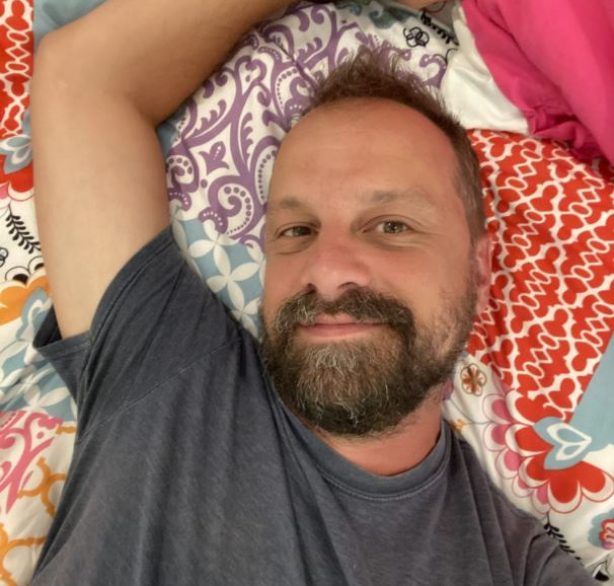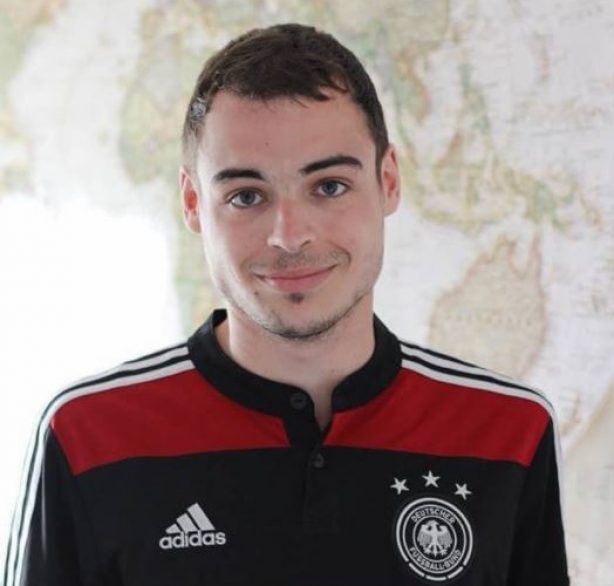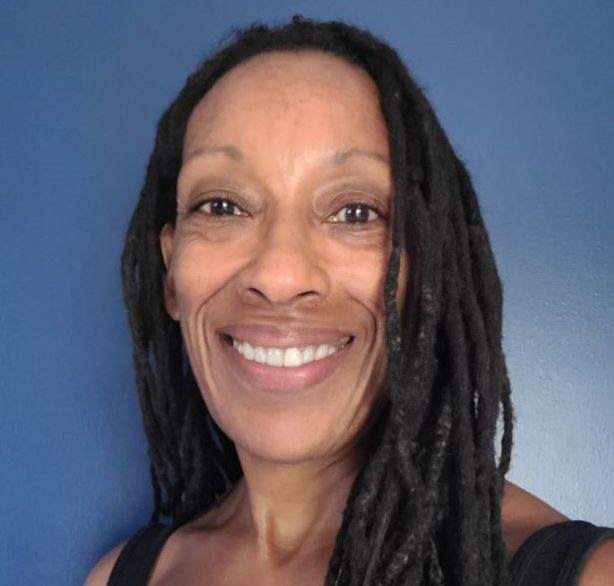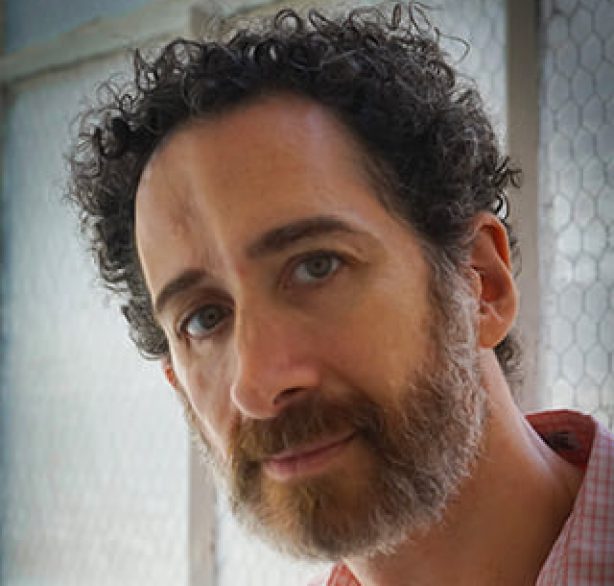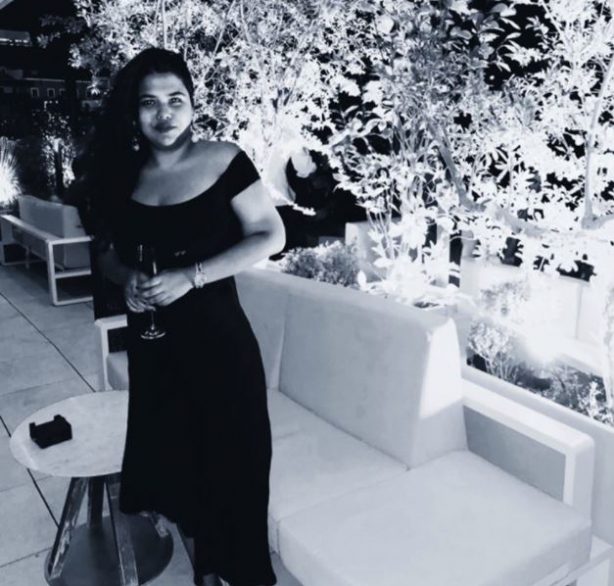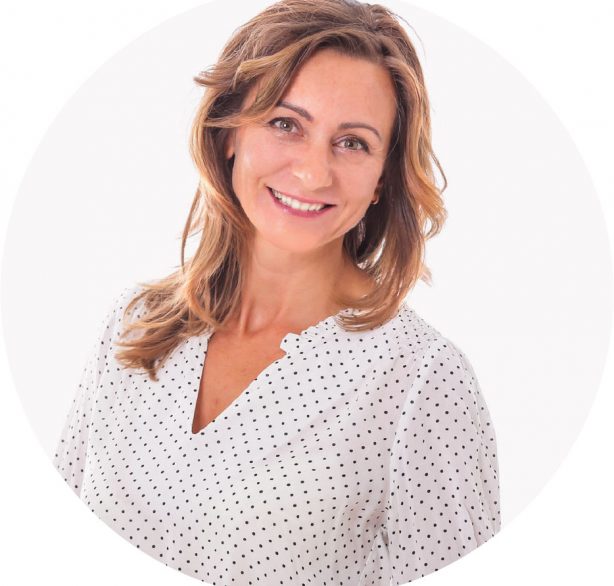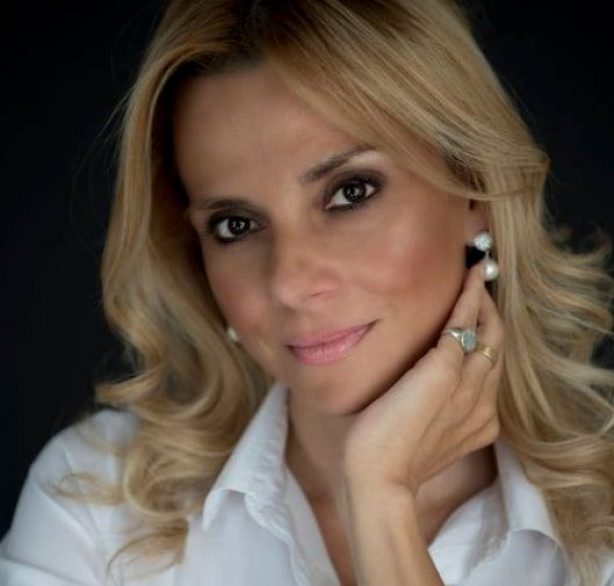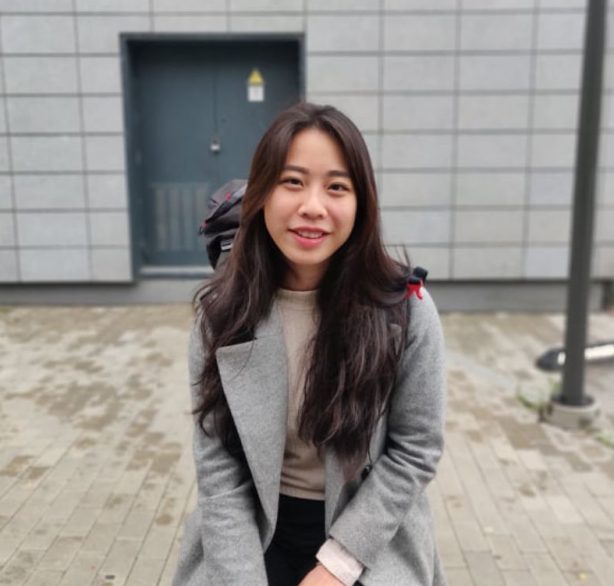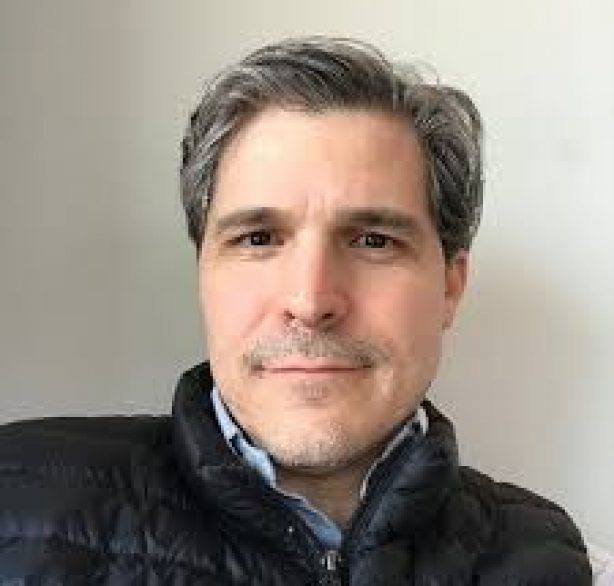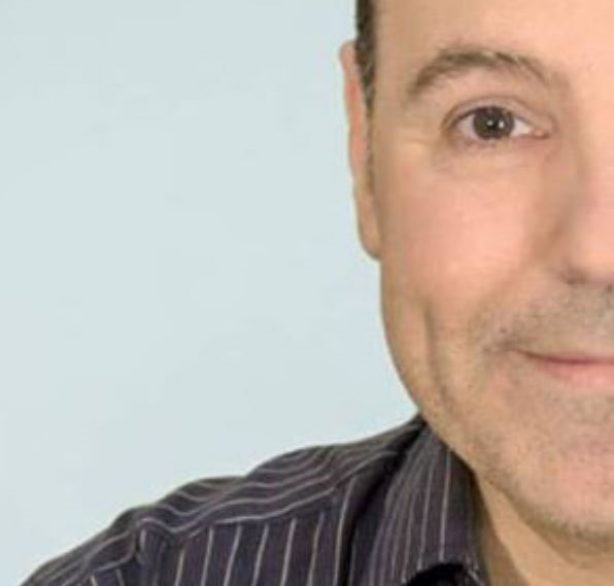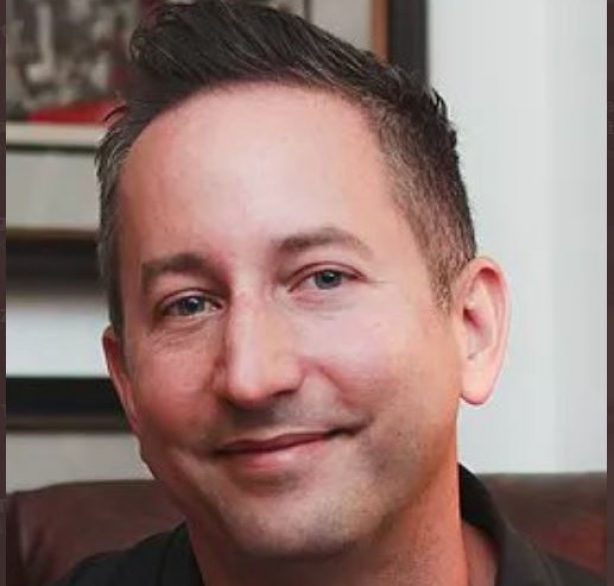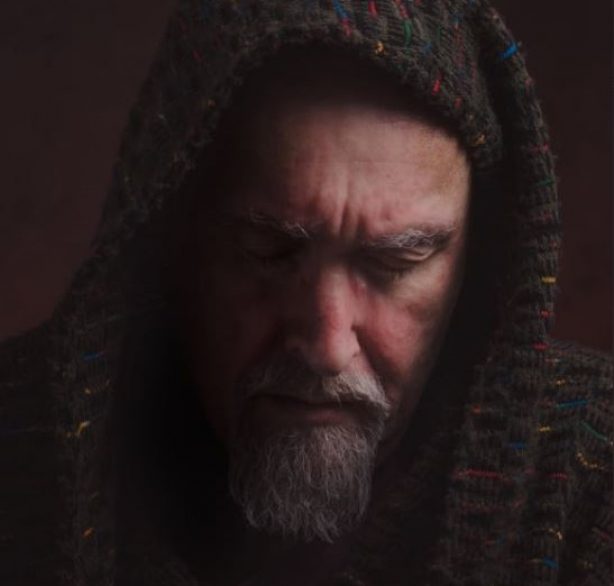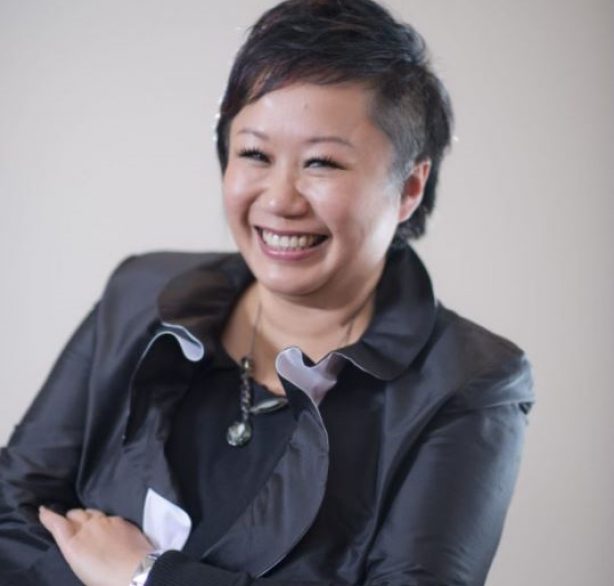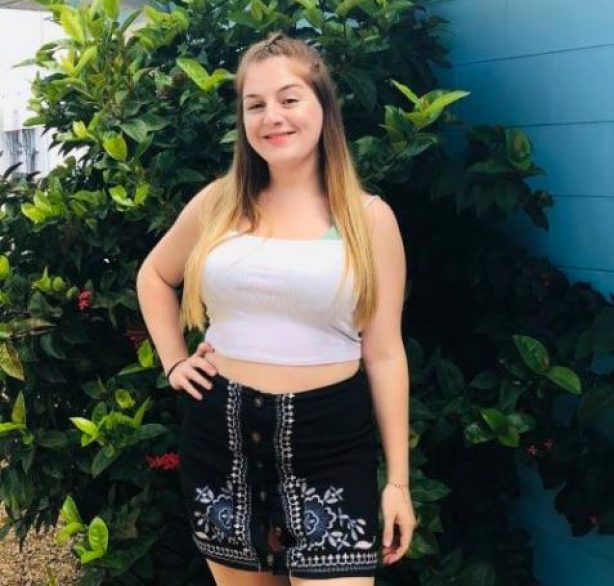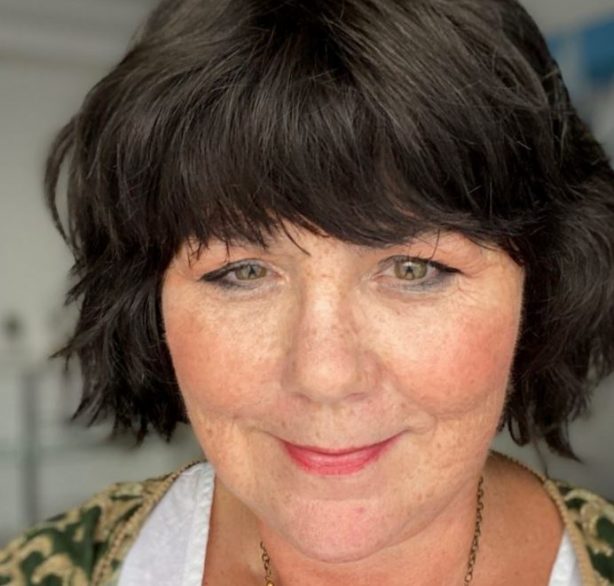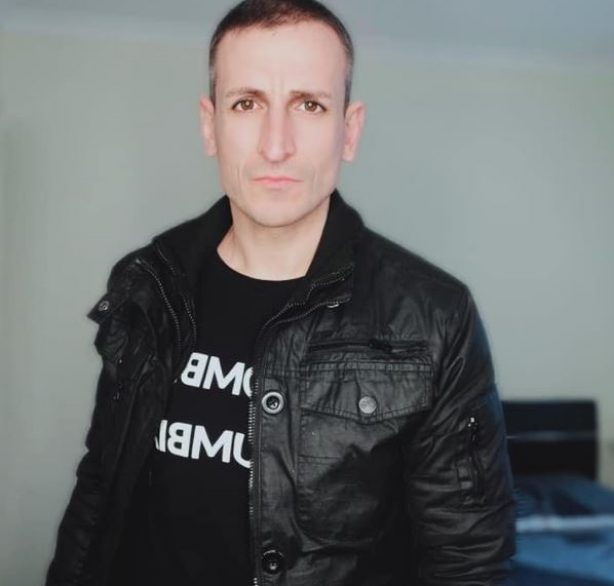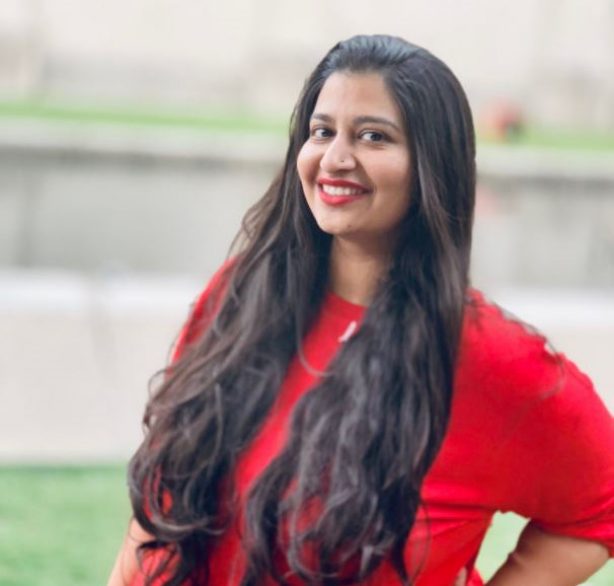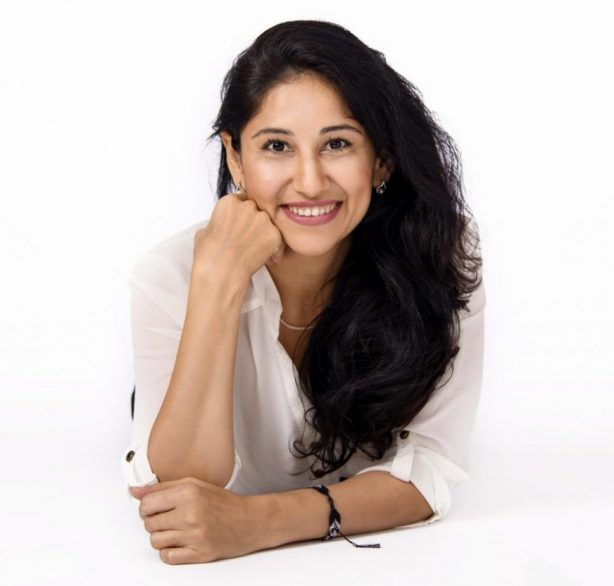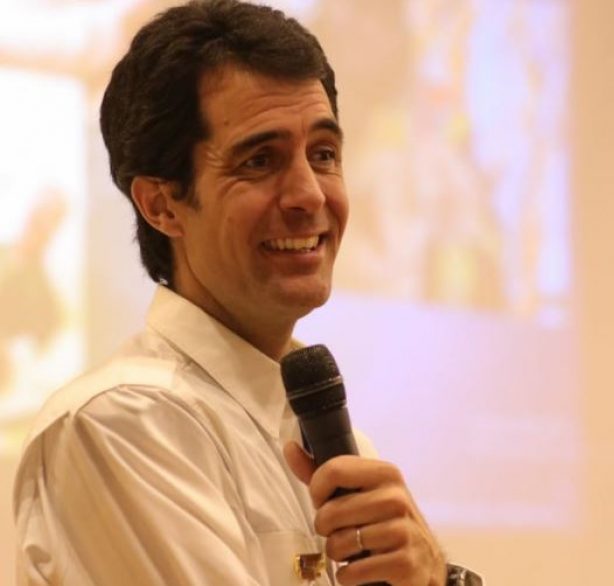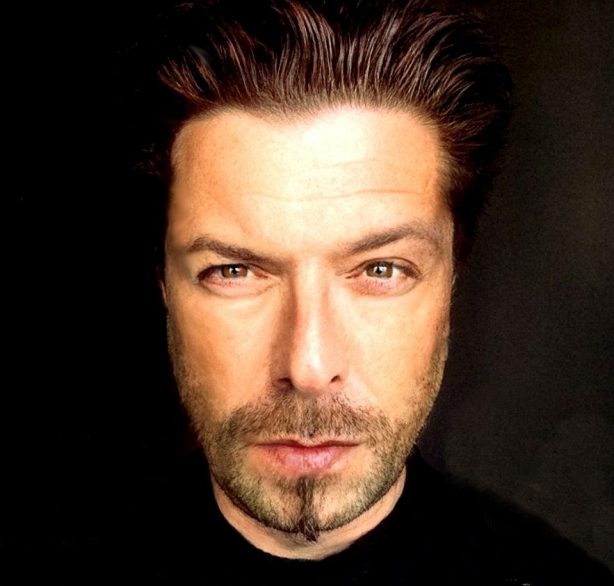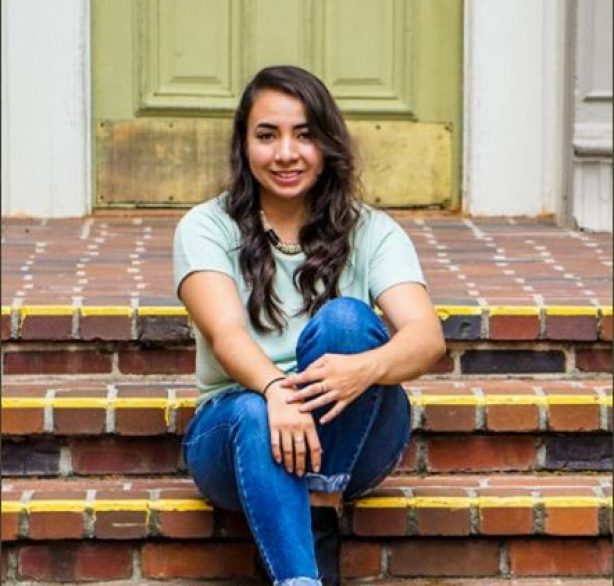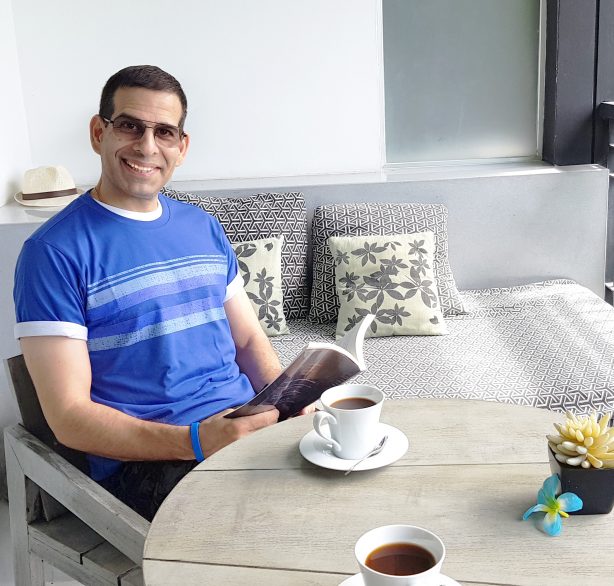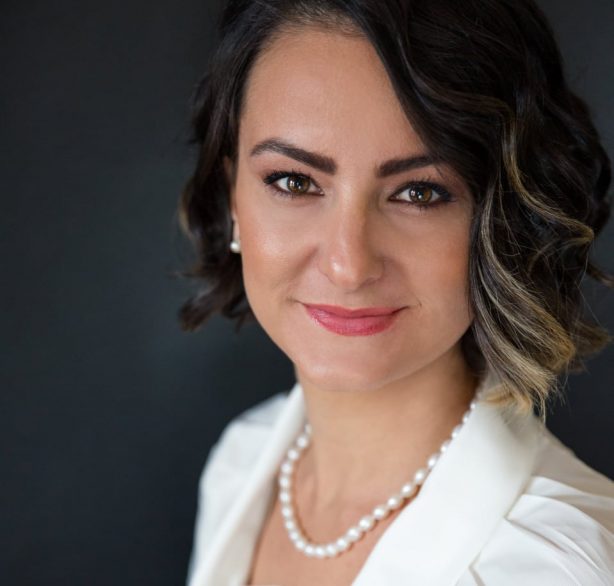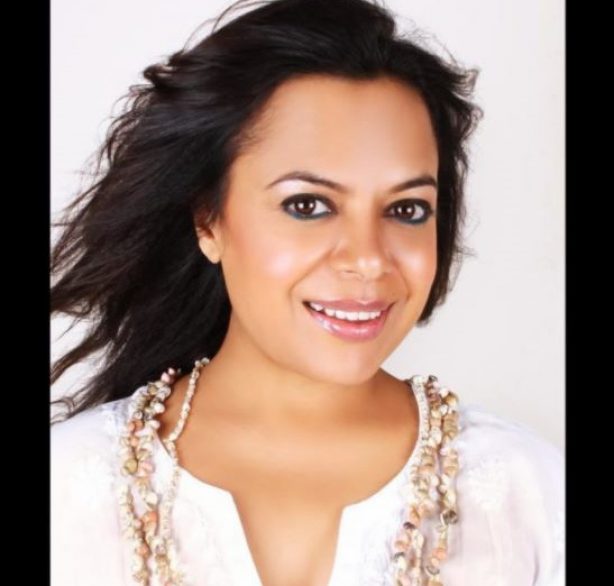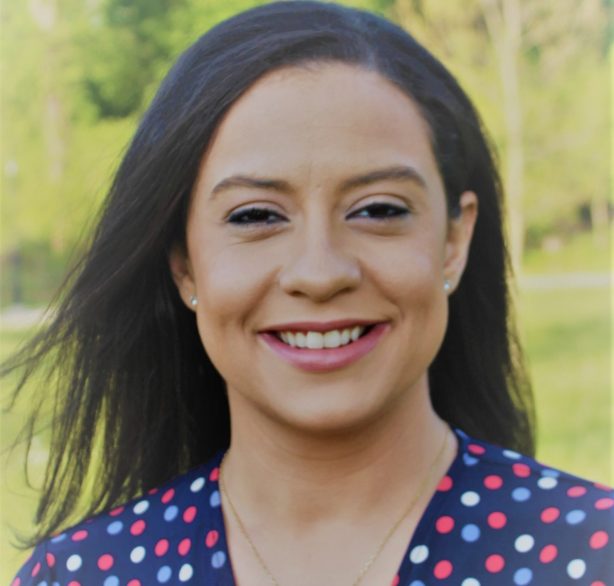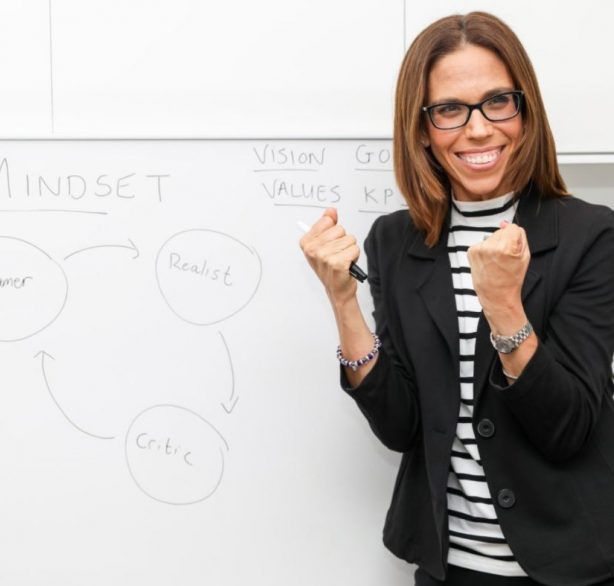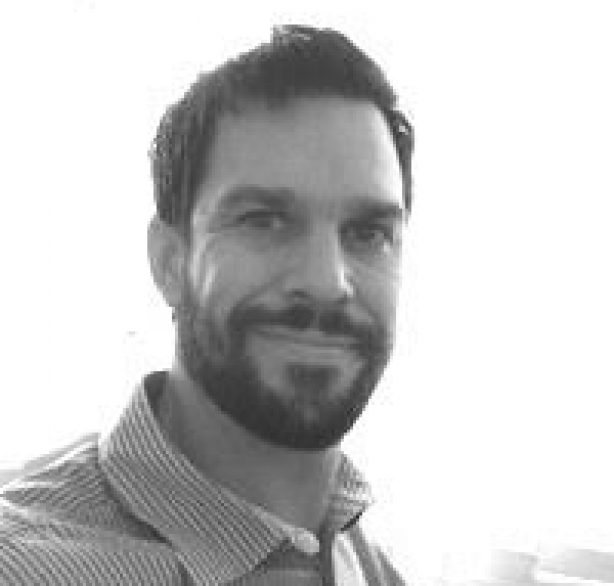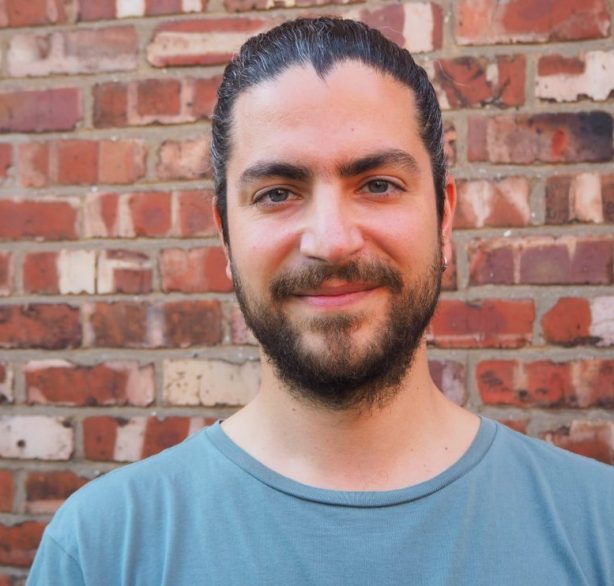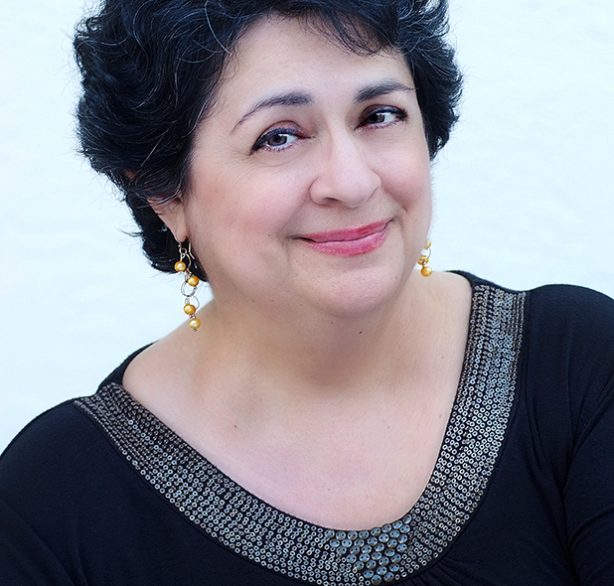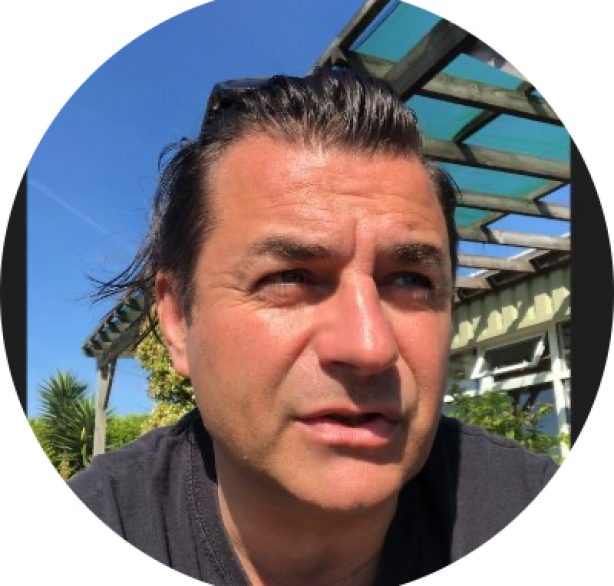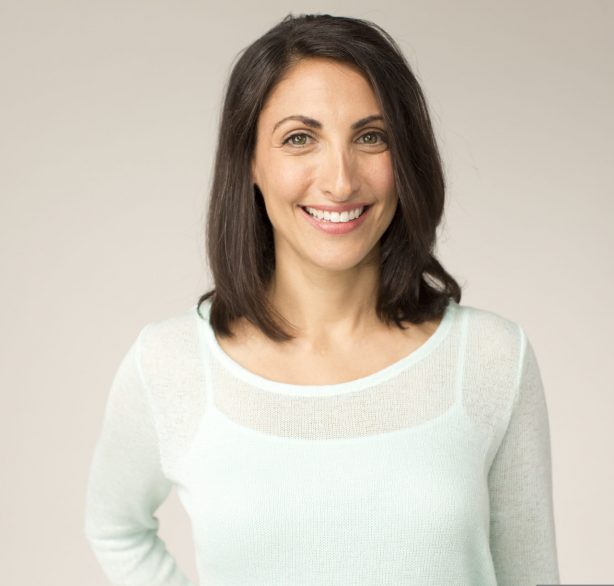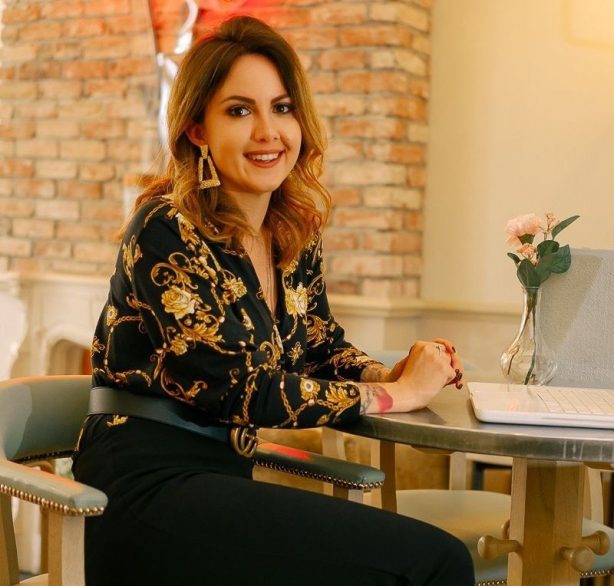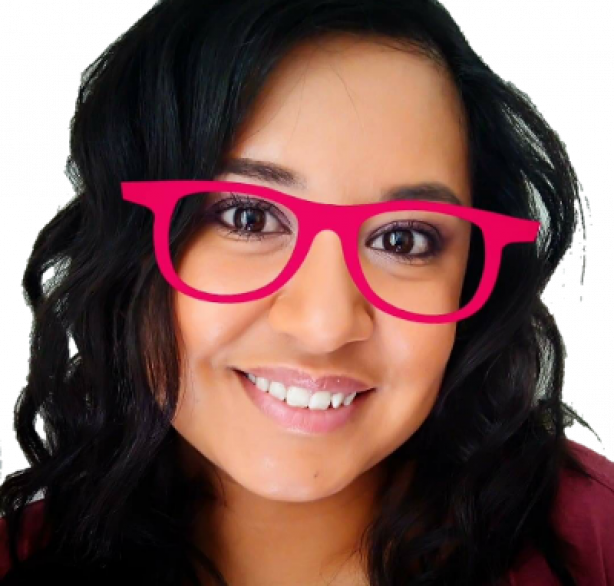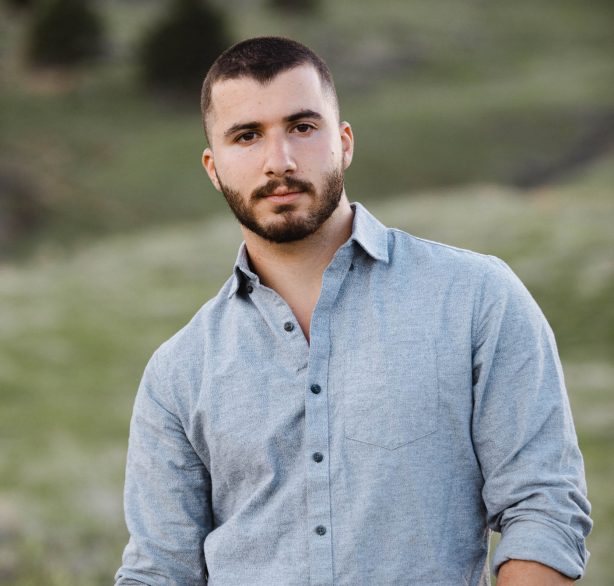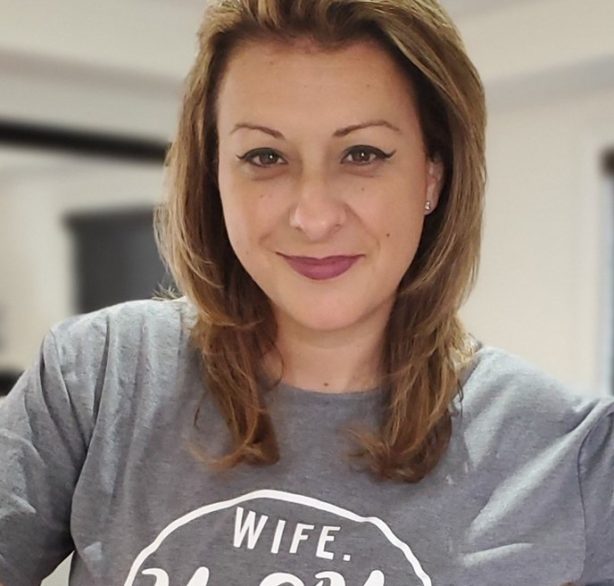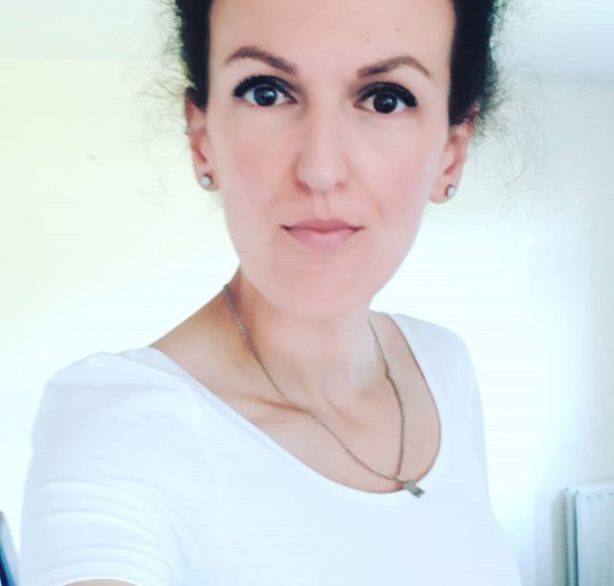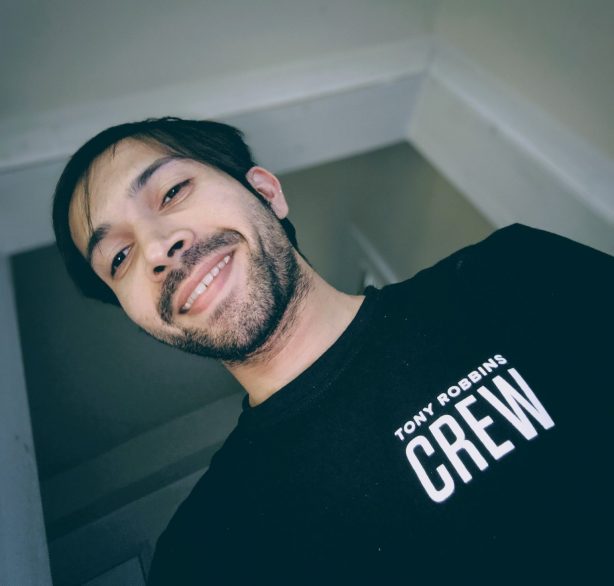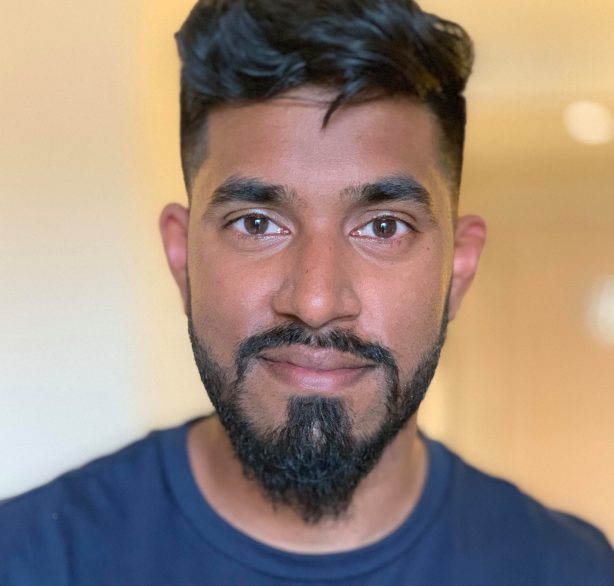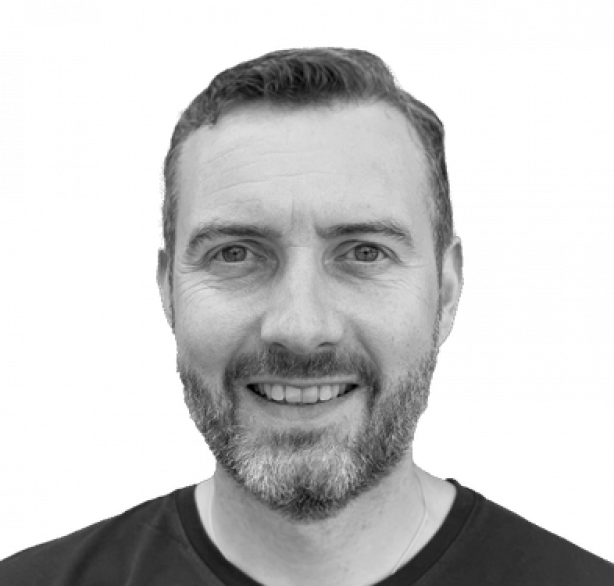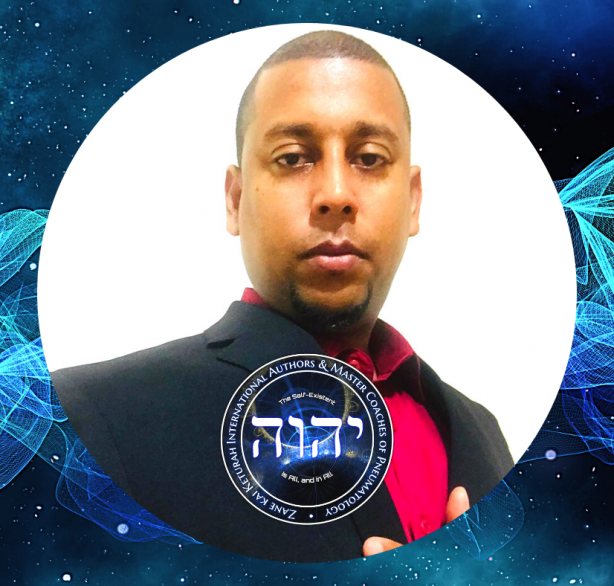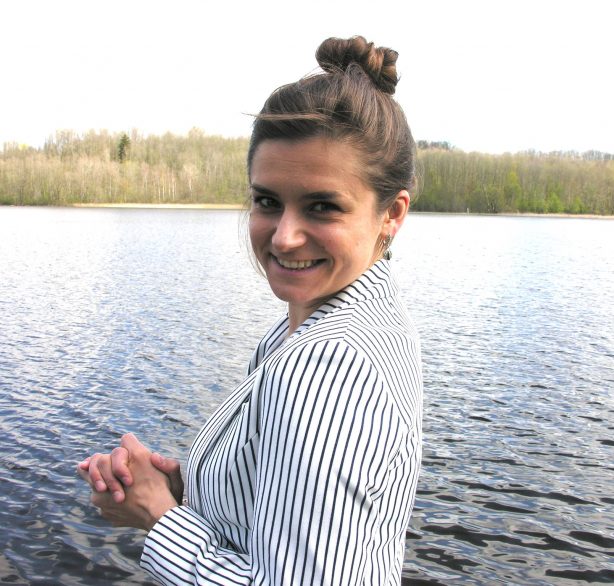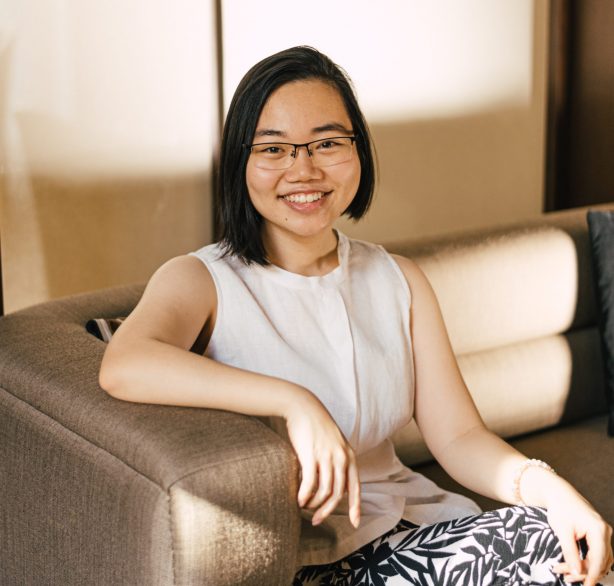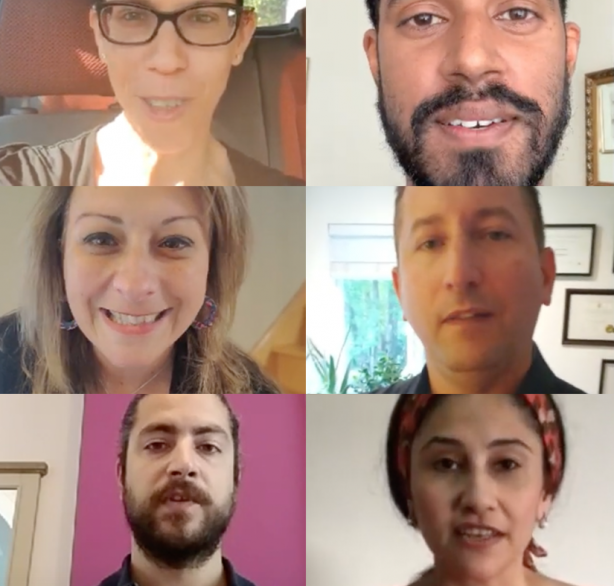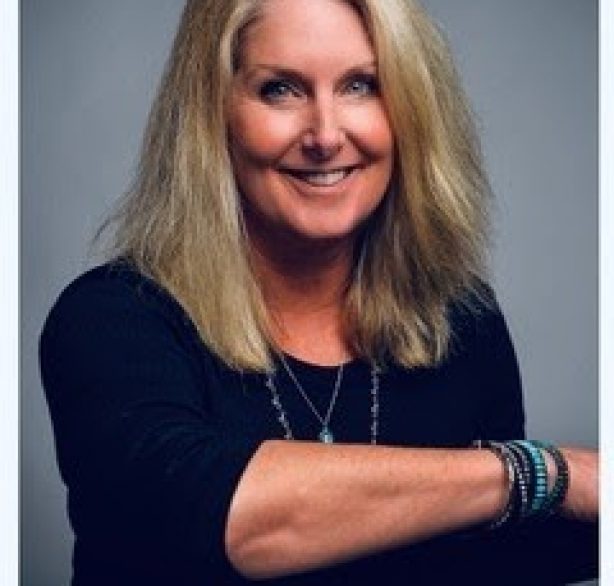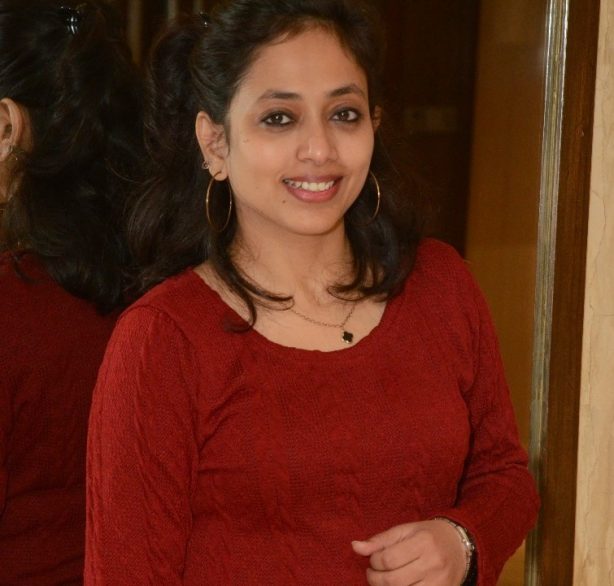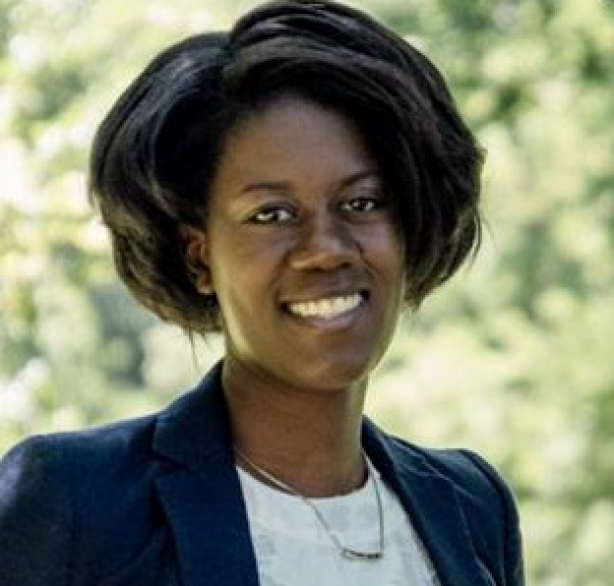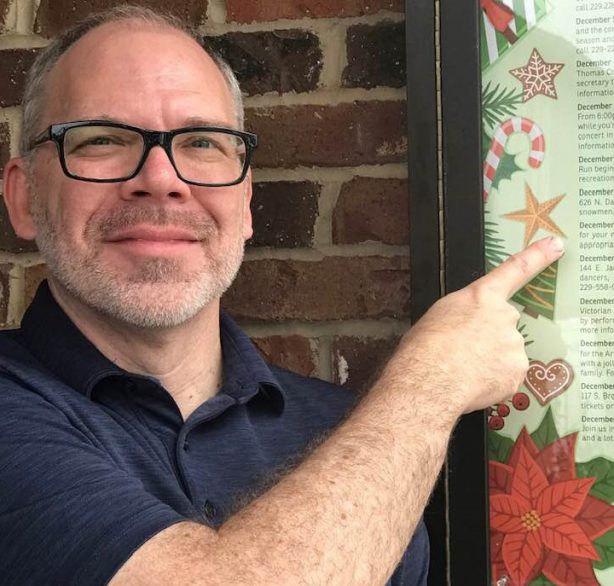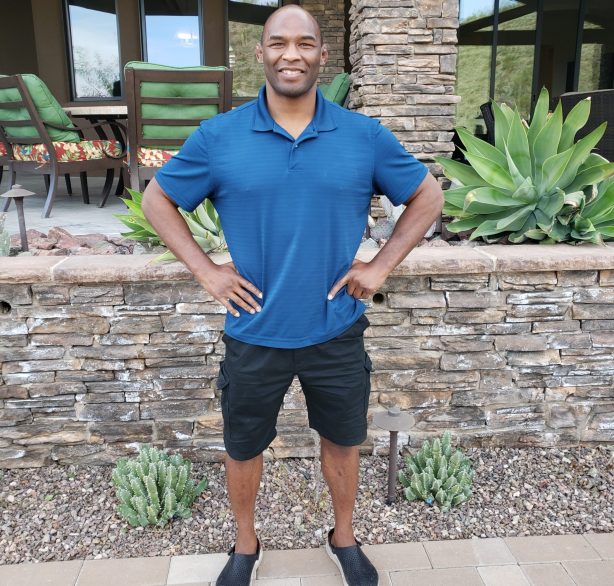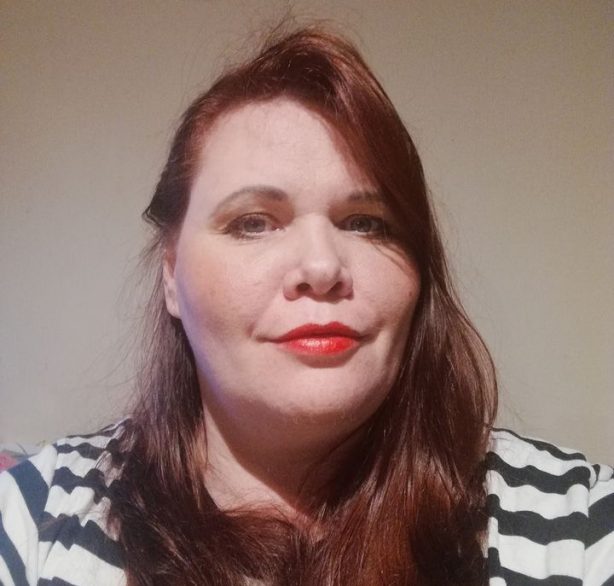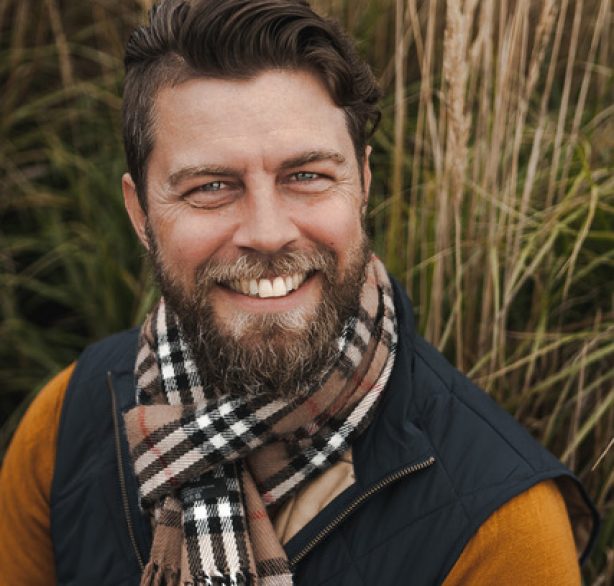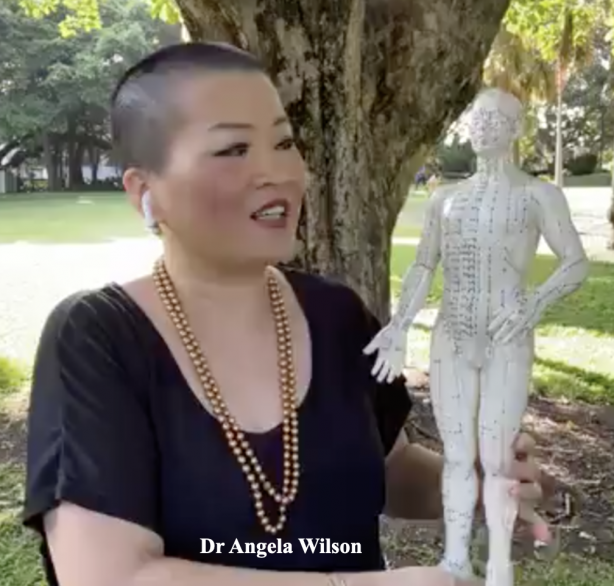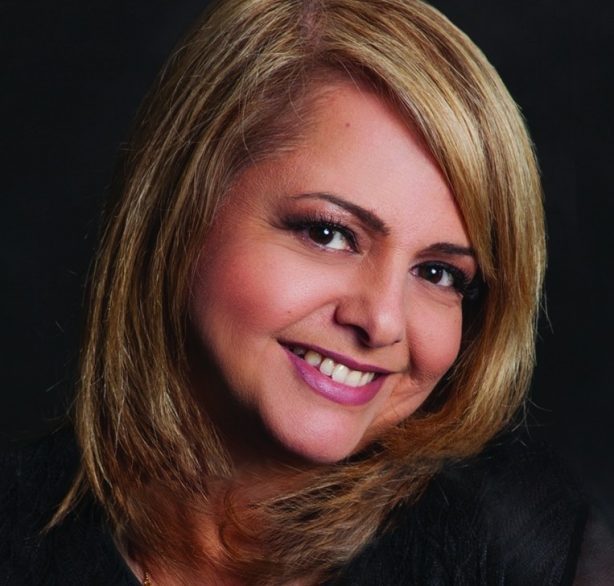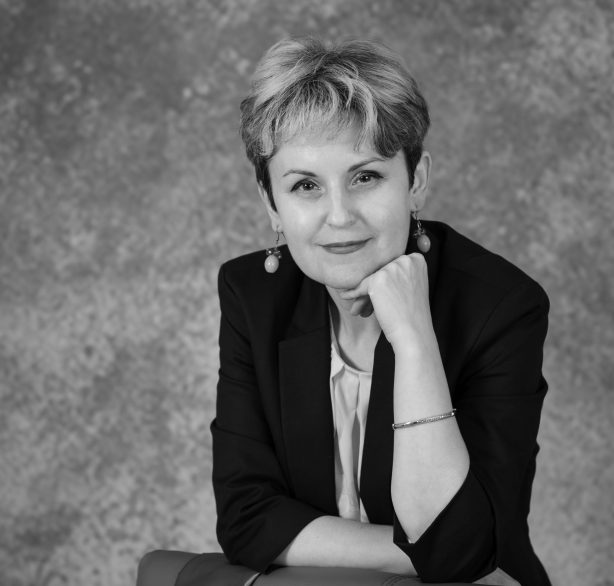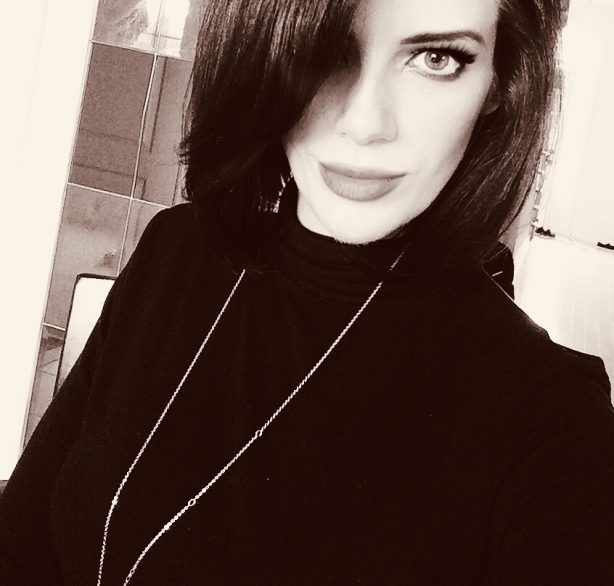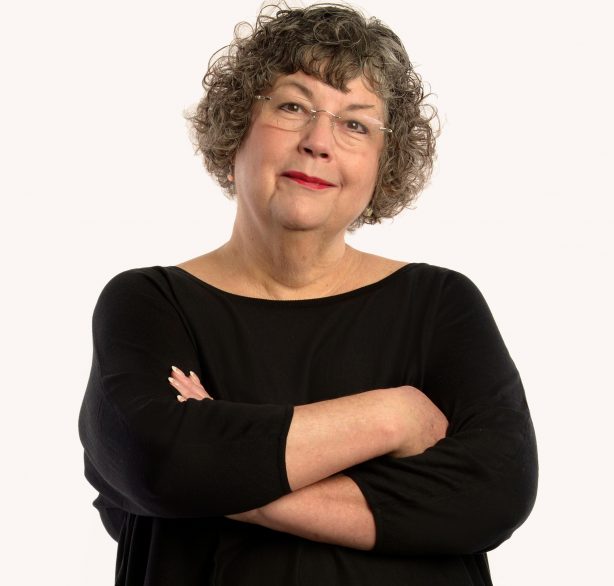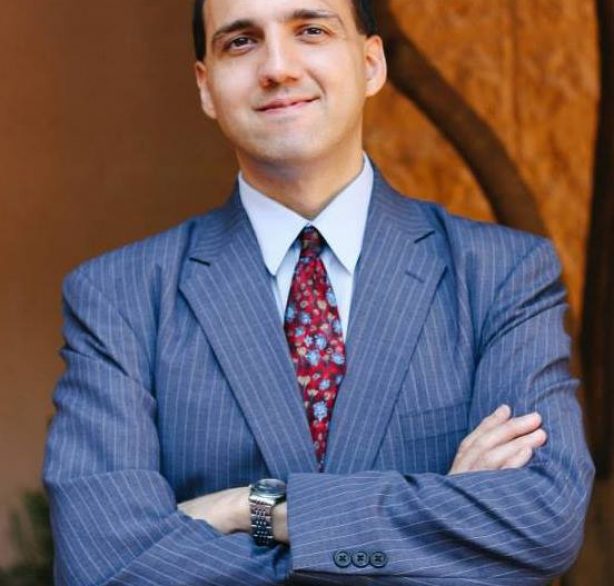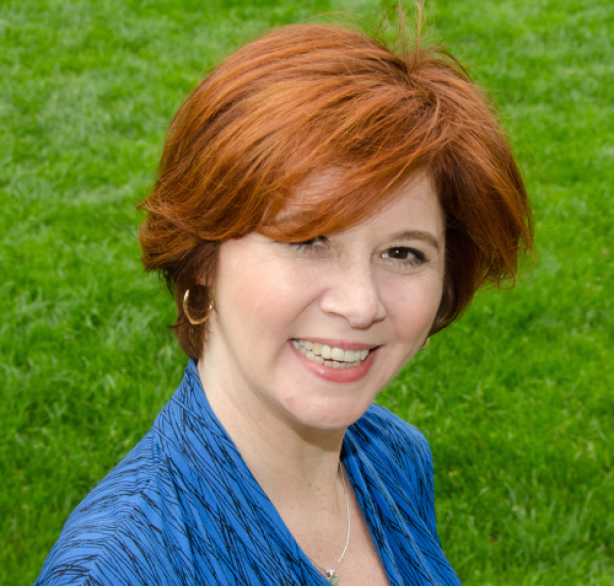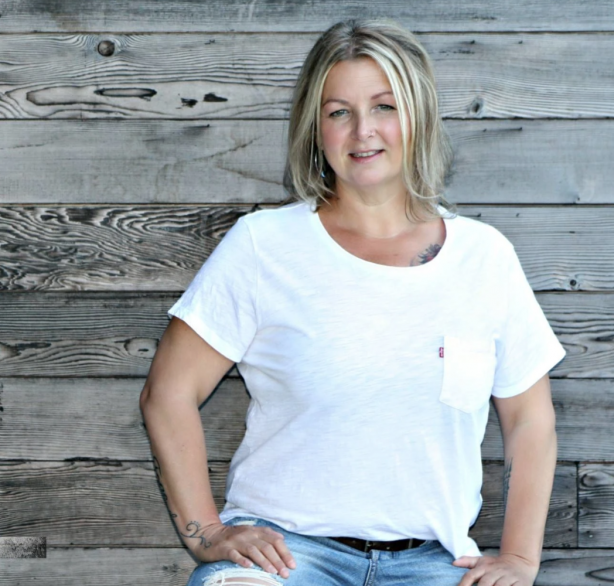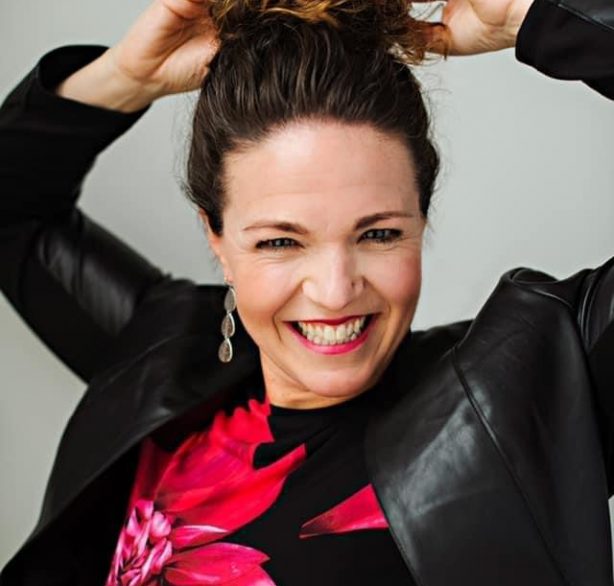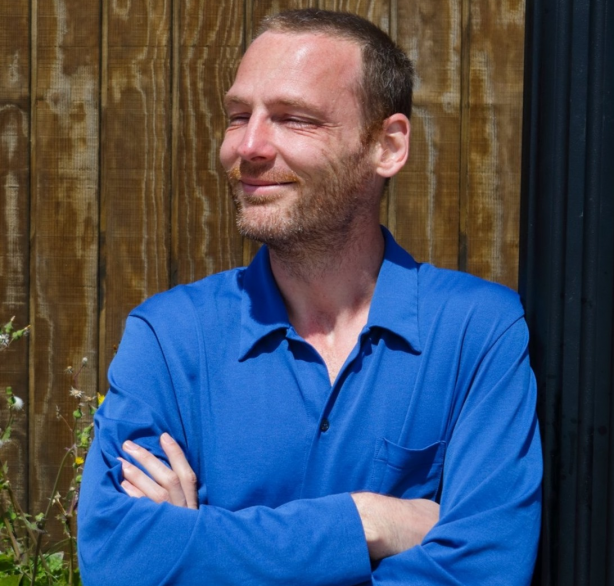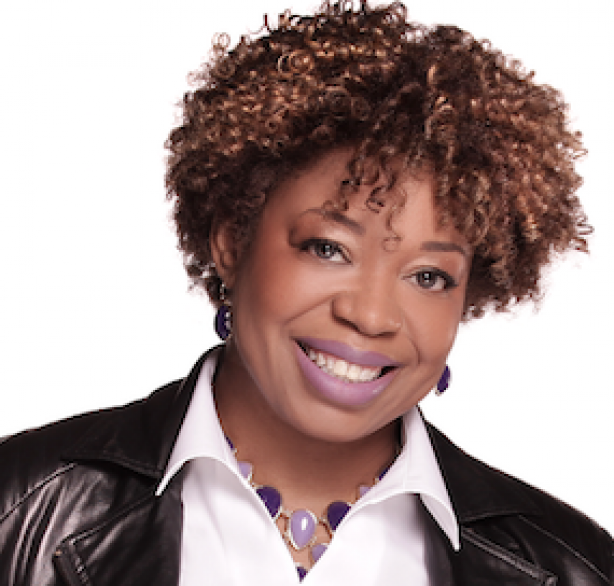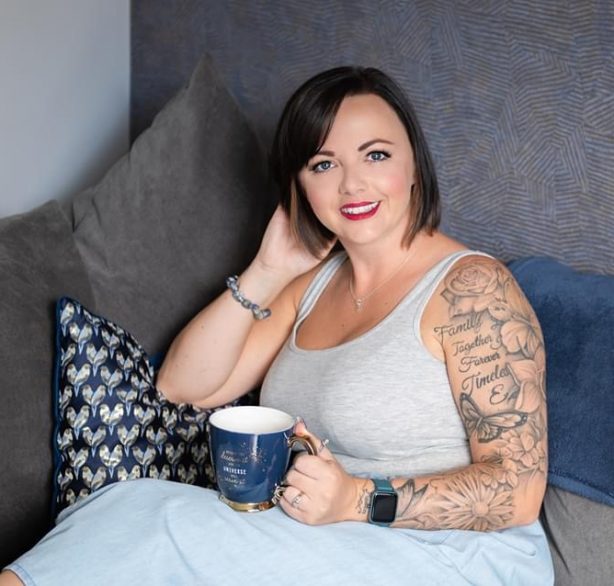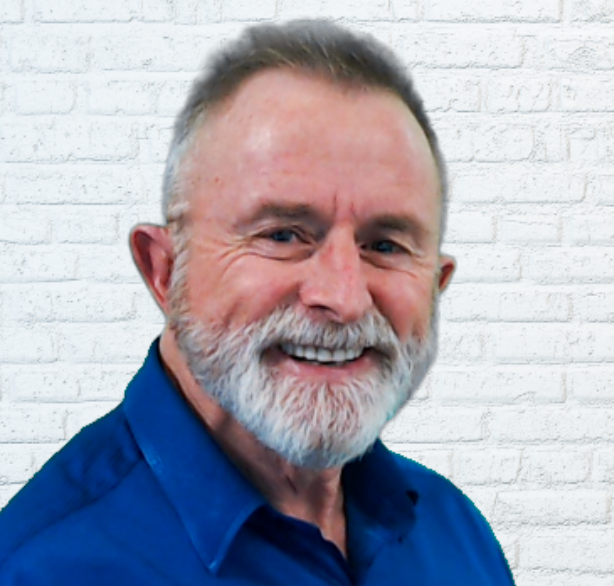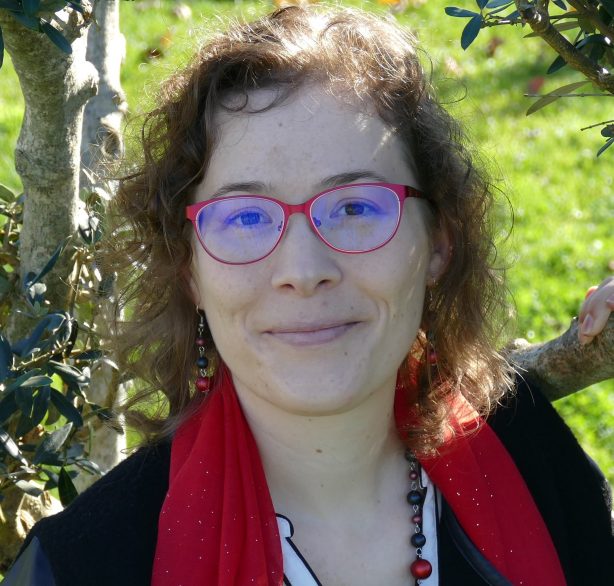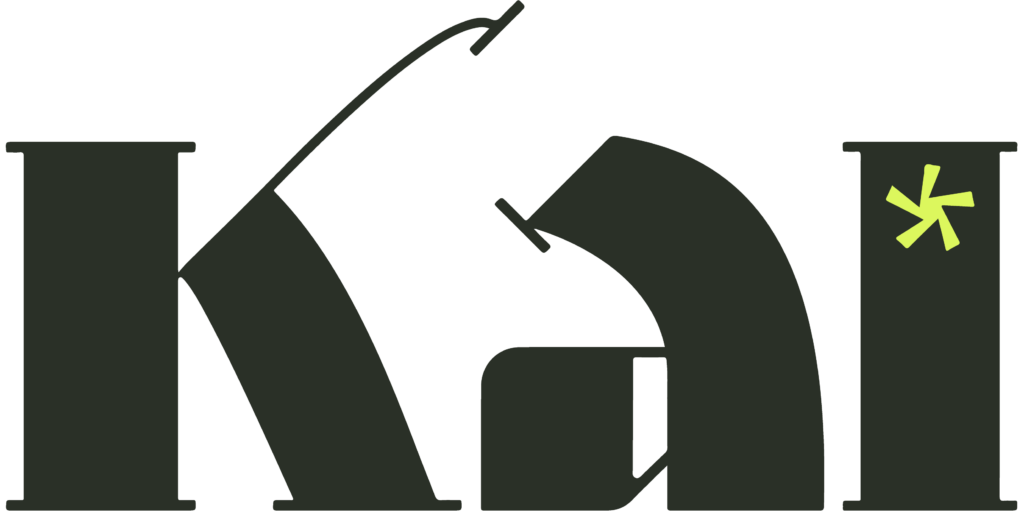Watch the full and inspiring interview with Sara
If you prefer reading, here is the transcribed interview
Ziv: Hey, I’m Ziv Shalev and this is “On the Journey”. Every week “On the Journey” expose the intersections of wellness, spiritual inquiry, mental health, personal growth and purposeful living through the eyes of the people we interview.
Sara, I’d love to hear about your journey.
Sara: Thank you so much for having me. I’m very excited about this. I live in Asheville, North Carolina, and I am a presence-based coach who mostly works with empty nesters. Interestingly enough, I myself am an empty nester as well.
Ziv: Ok, so the first question, what is an “empty nester”?
Sara: It is an absolutely terrible term, it is a terrible term for what happens when your children go off, whether it’s they go off to school, they move in with their partners, they kind of just go to live their own lives. And for a lot of people, it’s a really tough moment. So much of who they base their identity on is being mom or dad or parent. And now that’s gone. So it leaves a lot of people with this feeling of loss and grief and almost this feeling of, well, I can’t be sad about that because that’s just part of life. So almost a shame adds in there as well.
Ziv: I can definitely imagine how challenging it is as a young father, I am I have a toddler, a baby, a toddler, and it sounds like a fantasy. They kind of leave home at one point and everything will be perfect. But I can totally understand that then when it actually happens, the emptiness. And so, what do you do? How do you help?
Sara: Well, the good news is you’re going to get more sleep. That’s the lovely thing, you will get more sleep. But a lot of times, again, the questions that come up is, who am I now? What do I want to do? Who’s my partner? Are we connected?
You know, that’s something that happens a lot, is when the kids are gone. It’s a refocusing on your partnership and then a reconnection to, I feel importantly, your community. So we kind of break it down into pieces where we really look at, what’s your new purpose? what are your passions? who are you now that you’re not just a parent? like rediscovering yourself. Like I said, a big piece of it sometimes, too, is a reenergizing of your relationship with your partner. It’s exciting. It’s an amazing, exciting time for that.
And I also feel like as people get older, there’s such a valuable resource to their community in whatever way they choose to connect. And so we look at how do you get back out there and connect to your community and not just in a professional sense, but a personal sense. Again, whether it’s volunteering, whether it’s what are your passions? Maybe you want to go and learn Tai chi. You’ve never done Tai chi will. Now’s a great time to do it.
Ziv: No, it sounds it sounds wonderful because, you know, in a way, I think almost always you have an excuse not to do things right. I can say, “hey, I can’t learn Tai chi now. My children are young and I really don’t have time”. And then, “okay, my children are grown, but they’re teenagers and I definitely don’t have time because I have to keep what and before the children, I don’t have time to work on my relationship.” “I need to get married and to develop my career.” So there’s always an excuse to it later. And it sounds like when the children leave home, the later is here. Oh, is it really simple like everyone goes, “okay, now we’re going to work on everything” or the excuses are still there and it’s like if you find excuses, you will always find excuses.
Sara: I think that that’s a big piece. I think especially with sort of looking internally and self care and introspection sometimes. Yeah, you put it to the side. I don’t have time for it. And I think during the pandemic in particular, we had a lot of time to be introspective. And for some people, that was amazing. And it’s like, oh, look at this opportunity for growth and for other people. It was like too much time to look. And like you said, I don’t want to do that. Push it away, push it away, push it away. And I feel like it’s going to pop back up eventually. So let’s dive in now, right? Like let’s get in there right now and start to look. And again, it can be a gradual process.
So I never want people to feel like, “okay, in one week you’re going to change everything about yourself, know who you are, you know, come out the other side transformed. It is gradual work. And it does take a lot of again, the training that I did is presence-based training, which mindfulness. Right. Just even sometimes taking the breath and noticing, taking that moment to stop and name what it is you’re feeling and really look at that. And it’s funny, I taught school for 20 years and kids are so good at that. Kids can say to you when you say what’s going on, they can stop and be like, “I feel icky in here and it feels like hot in it,” And you ask an adult and they’re like, “I don’t know, I don’t feel good. I don’t know.” So it’s a really interesting process.
Ziv: Definitely. So it starts with change. And you say the change we need to be mindful to where we are now, so we’ll be able to change. How do we do it? Again, we’re not used to we’re into the cycle of life, how do we integrate it? How do we make the first step?
Sara: You know, it’s so funny, I always tell people, like the first step is just to stop and take a breath and, you know, we breathe all the time, but to really stop and take a breath and take a pause, like a presence pause and just take a moment and see where we are in this moment and see how we feel. Somatically, how do we feel? Emotionally, how do we feel?
And once we start noticing those things and what’s happening around us when those things are happening. So I don’t know during the day, say, I’m at the library and there’s a group of kids and they’re all excited and running around and I feel like, “oh, I loved that about teaching, you know, getting to be with kids, that’s exciting!” So noticing that that must be one of my passions because I feel excited. I feel jazzed up.
So, just noticing that I don’t have to do anything with it right then and there, but noticing that and then later, hopefully when you’re working with a coach, you look back at those things during the day that created excitement for you, for instance. And so those are your passions, right? Like it’s not an external force, it’s what’s happening within. So, what do we do with that? Do you like I said, maybe you want to go volunteer and work with the youth somewhere.
Maybe, you want to be a substitute teacher, maybe whatever it is, it’s that moment of noticing or on the other side of the spectrum, when you’re feeling angry, when you’re feeling sad, when you’re feeling loss, stopping and kind of leaning into that moment and looking at what’s going on. Taking a moment, pause, we say noticing but noticing without judgment. You know, don’t get down on yourself. Just notice it. Just if you can hold it out here objectively. What’s going on for you right now? What stories are you telling yourself? What changes can you make?
What mind shift sort of, you know, awareness places in our lives that then allow us to make those mind shifts and those sort of your you’re changing your frame of awareness, I guess, would be what I’m what I’m getting at.
Ziv: Okay, so first we need to stop and then we need to notice and then we actually notice and we, in a way, self-discover things about ourselves and we can observe it and then we can take action about it, is that like the right process?
Sara: Yes, exactly. So once you’ve noticed, once you’ve really looked at it, again, is it a habit or is it a story you’re telling yourself? Oh, well, this is because I grew up like this and this, whatever it is, and again, in a very nonjudgmental way, there shouldn’t be shame around it. Hopefully, there isn’t shame around it. We can look at it from a very objective perspective. And then, like you said, just decide, does this serve me any longer? Does this not serve me? And if it doesn’t, what steps can I take to do something different? And it can be small things and it can be big things. And the most important piece is it’s practice, right?
Like you’re not going to decide to be somebody new. And in two minutes, you’re somebody new. It’s building the habits, the daily habits of something new for ourselves.
Ziv: So how do we do? How do we build daily habits?
Sara: So, I guess, it would depend on what you’re looking to do. Again, for some people, you know, that I work with, it’s this sort of well, I don’t take care of myself anymore. I’ve always been taking care of my kids and I’ve been working and I’ve been taking care of our household. So, for instance, when you look at that and you see, well, I need to incorporate some self-care in this, your daily habits might be that you make a decision that you’re going to try mindful practice and it can be five minutes a day.
You just say to yourself, I'm making that choice. That's going to be my habit. Share on XAnd maybe it’s first thing in the morning, you wake up, you even just lay in bed and meditate for five minutes, ten minutes, and then you see the positive change that comes from that. And you think, okay, that’s something I’m keeping in my schedule. I’m not going to take that out. Or maybe you want to do something physical. So, you know, you don’t just go out and run a marathon. You say, I’m going to make a commitment to myself to walk 15 minutes a day wherever it fits in. And again, it’s a building, you know, it’s a building.
Ziv: Ok, so I’m going to be like I’m going to be difficult.
Sara: Do it!
Ziv: I’m going to be, you know, throughout life, all of us, we had so many determined decisions that lasted a determined twenty-four hours max or even less. So I put it on my schedule, I decided I know what is good for me and two days after I have so many other more important things, or how do I keep it? What can we do to make it a real daily habit? It’s one thing you said to start small. What else?
Sara: I would also say maybe find something you can anchor it to. So maybe there’s something you already do in your day that you do every day. For me, that’s drinking coffee, like every day I drink coffee. So I might go downstairs and fill up my coffee pot and while my coffee’s brewing, that might be the anchor point where I sit for ten minutes and just breathe and meditate. I think it can be something that you have is like a prompt. Maybe you wake up first thing in the morning and you grab your phone to start scrolling through your phone. So let that be the prompt that instead of getting in there and looking at your emails, go to a meditation app in that moment. And just again, five, ten minutes, put that in there, find something you can anchor a new habit to. I think that that’s really important.
And I also, again, emphasize it’s a practice. So like you said, twenty four hours. I mean, I’m so excited I’m doing this. And then the next day life happens and you don’t, don’t beat yourself up. Just know that, you know, tomorrow’s another day to practice. It’s a practice. But I do think once you start feeling the positive effects of all of these things, you don’t want to not do it, right? You can’t wait to do it. But it’s hard. You’re right. It’s a challenging thing.
Ziv: So, start small, anchor it which means connect it to something that you do anyway, daily and of course, feel the positive effect and then your intrinsic motivation will help you to keep on going.
Sara: Definitely, I definitely agree with that, and it’s funny, I was listening to somebody talk about it, there’s a man that has his whole philosophy is on building these very tiny habits. And I love that.
And he says things like when you get up to use the bathroom, go use the bathroom and coming back out, do like 10 push ups against the wall. Right. Like a little thing. We go to the bathroom a million times a day. What a great time to throw some pushups in there.
Ziv: I’m definitely going to do it. I’m definitely going to do it. I think my wife won’t like it if I spend even more time in the bathroom, but it sounds like a really good thing. I’m definitely going to do it.
Sara: I love it, I love it.
Ziv: Thank you so much. Thank you so much for this interview, for your time, experience, knowledge and your amazing energy. Like I’m going to smile for at least an hour after this interview.
Sara: Oh, well, thank you. I really enjoyed it. And again, you can tell this is what I’m passionate about, right? Like, this is what excites me is getting to talk with other people about this.
Ziv: It’s difficult not to see. Thank you very much.
Sara: Thank you. Have a wonderful day.
Who are you?
Sara Metzger is a personal development coach, mother of two and owner of Vista Coaching. Sara spent 20 years as a teacher and after retiring from the world of education she began her own coaching practice. She specializes in working with Empty Nesters. Using a Presence Based Model, Sara helps her clients discover a renewed sense of purpose in their lives, while reconnecting with their partners and surrounding community. Together, Sara and her clients create new vistas and clients realize that the challenging, empty nest transition is really an opportunity for an exciting, personal transformation.
DISCOVER MORE OF SARA THROUGH HER WEBSITE, FACEBOOK, AND INSTAGRAM

